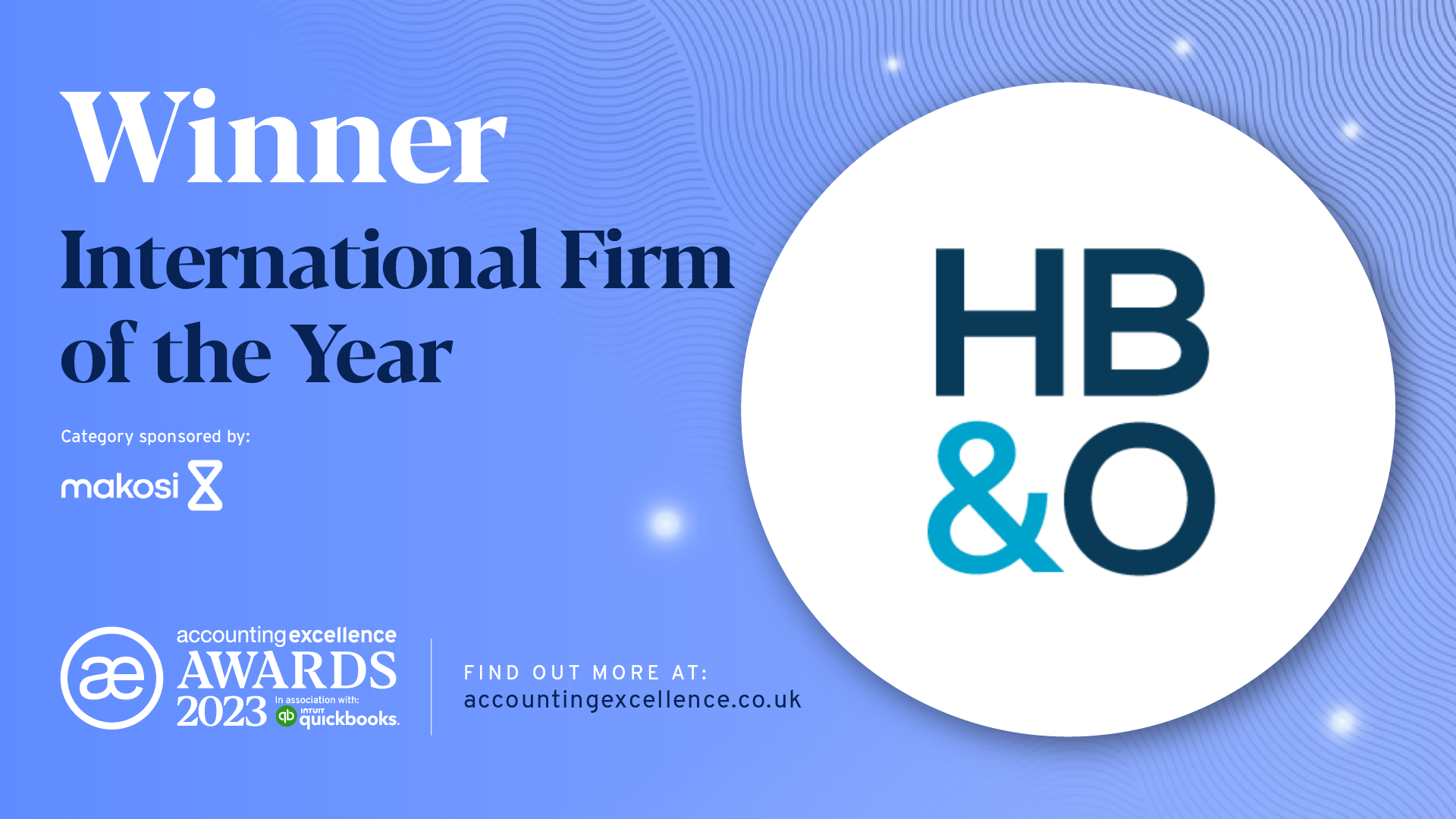There are multiple reasons why you might want to buy a property through your business. You may need a bigger workspace to expand your business operations. You might want to own your current rented property. Or you may be thinking about starting a property investment portfolio.
Whatever your reasons, buying a property through a company is a significant step. Before you take the big leap, here are four of the main considerations to think through.
What are the benefits of property ownership?
Buying a property through your company has a number of benefits that make ownership well worth considering. If you are able to take a step onto the property ladder, it makes good business sense and has the potential to bring your long-term plans to life.
For example, by buying property through the business:
- You invest money into a property asset that increases the value of the business.
- You stop making rental payments and start contributing to a commercial mortgage.
- You control the use of the property and give your business greater stability.
- You can sell this property asset if finances get tight and liquid cash is required.
How will you fund the purchase of the property?
Unless you have significant surplus cash in the business, it’s likely that you’ll need to borrow money to buy your property. There are a number of different ways to do this, with lenders offering a range of property finance products aimed at the business sector.
Common finance options will include:
- Commercial mortgages – a commercial mortgage is a type of loan used to buy a property for business purposes. The mortgage will usually be secured against the property being purchased and will have higher interest rates and require a larger deposit than residential mortgages. It is the most common way to finance your business property.
- Bridging loans – a bridging loan is a short-term loan that’s used to bridge a gap in funding, usually for property transactions. It is secured against the property being purchased and can be obtained quickly, but has higher interest rates and fees than other loans. Bridging loans are often used by property developers or companies that are looking to buy a property quickly and need a fast loan, while waiting for other funding.
- Development finance – a development loan is a type of loan used to finance property development projects, such as building new homes or renovating existing properties with a view to renting them out. The loan is typically secured against the property being developed and is released in stages as the project progresses. Development loans have higher interest rates than traditional mortgages and require a larger deposit.
In appropriate cases, it may be beneficial to consider financing the purchase of property through a Small Self Administered Scheme (SSAS) or other pension scheme.
How does the company’s credit rating affect your ability to borrow?
Borrowing the funds that you need to purchase your property may seem like a straightforward process. But for any lender to consider extending finance to your business, they need to feel comfortable that you are a low-risk enterprise and capable of making the repayments.
Lenders prefer businesses that have a good credit score and a low-risk rating. Because of this, it is important to be aware of your current rating and to be proactive in making your business an attractive lending proposition for banks and alternative lenders.
Many of the big credit agencies now offer services that help you track and monitor your business credit score over time – so you increase the chances of securing a good finance deal.
What are the tax implications of buying the property?
When buying a property through your limited company, there are several tax implications to consider. These vary depending on the use of the property, any income you make from renting it out and your plans when selling the asset at a later date.
Taxes that you may be liable for could include:
- Corporation Tax: Your company will need to pay corporation tax on any rental income earned from the property. The current corporation tax rate in the UK is between 19% and 25%.
- Stamp Duty Land Tax (SDLT): SDLT is payable on the purchase of a property, and the rates vary depending on the value of the property. If you buy a residential property through your limited company, you may have to pay a higher rate of SDLT than if you were buying the property personally.
- Capital Gains Tax (CGT): If you sell the property, your company may be liable to pay CGT on any profit made. Capital gains in a company are taxed at the same rate of other profits.
- Personal Tax: If you own the company that owns the property, you may be able to receive rental income from the company. This income will be subject to income tax at your personal tax rate.
- Annual Tax on Enveloped Dwellings (ATED): If the property is a high-value residential property owned by a company, you may have to pay ATED. The current ATED rates start at £4,150 for properties valued between £500,000 and £1 million.
Talk to us about buying property in your company
Buying a property may be the next important step that you take as a company. But it is vital to think through the implications and to understand the purchase process.
If you are looking to buy a property through your company, get in touch with our Associate Tax Director, Neil Allcroft for advice and support. We can explain your funding options and run you through the possible tax implications.
Email: [email protected]
Phone: 01926 422292














